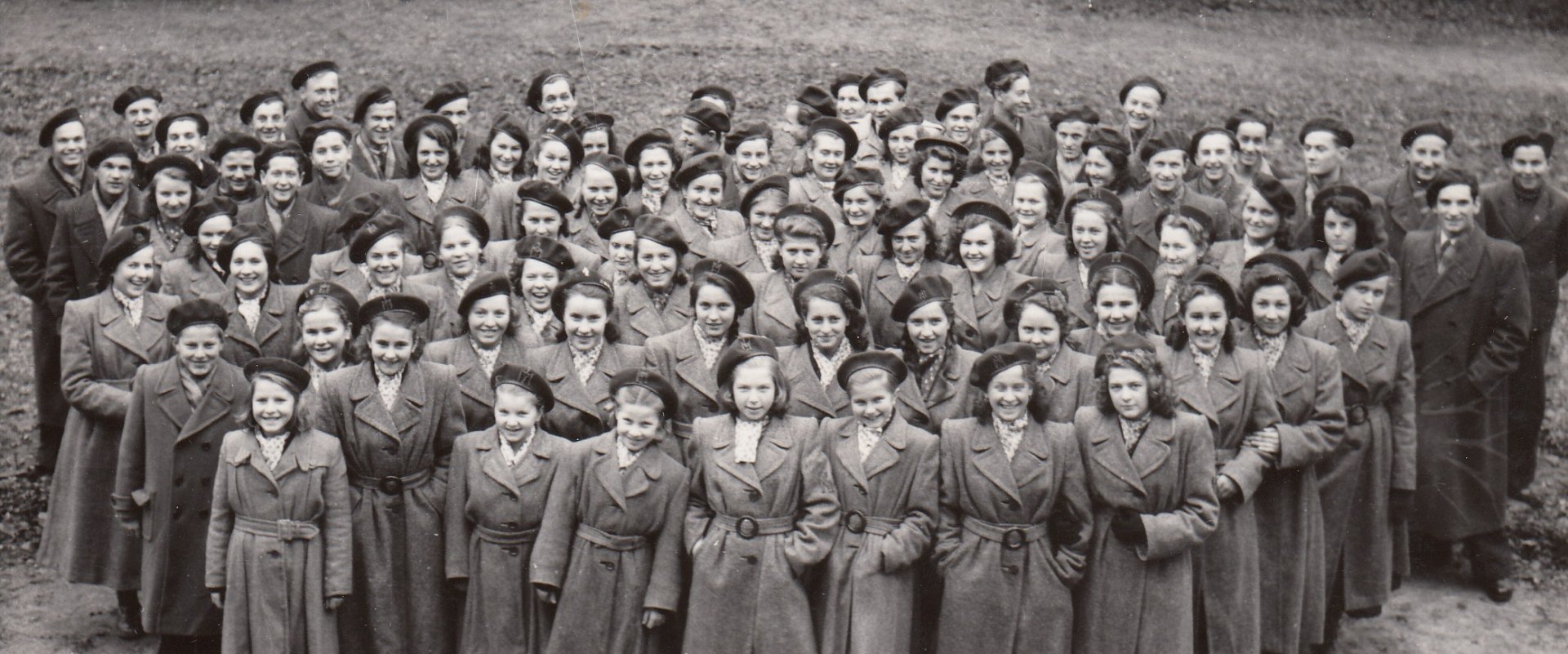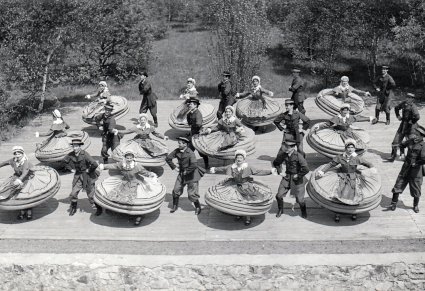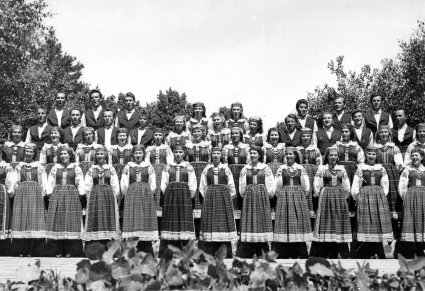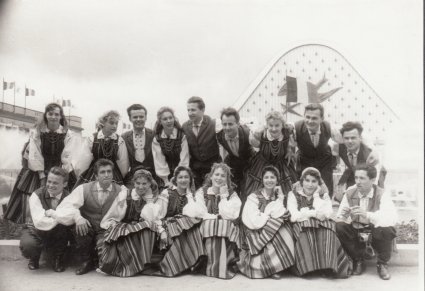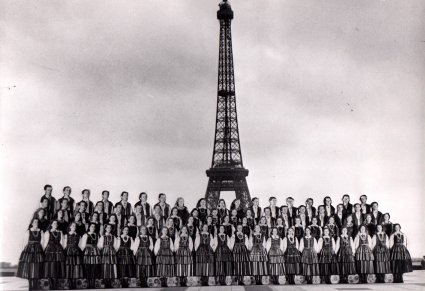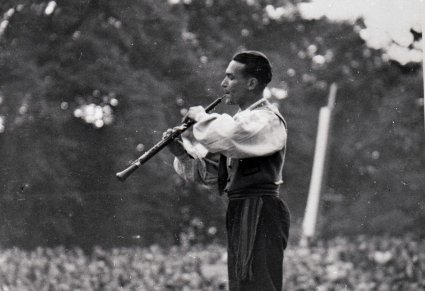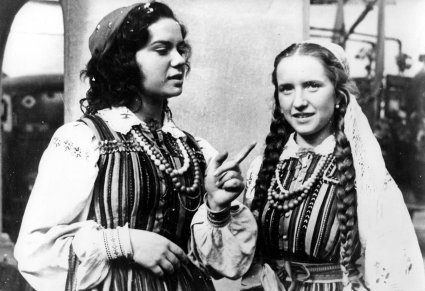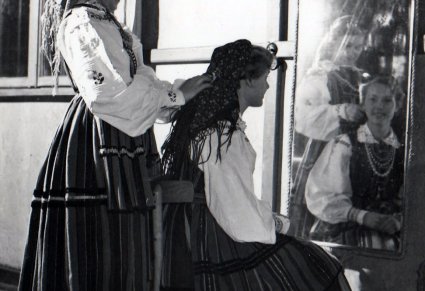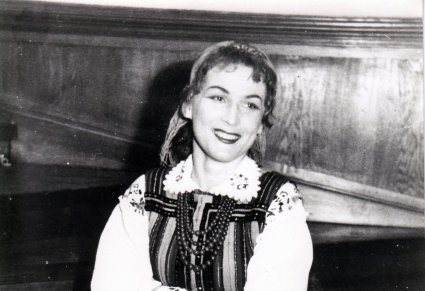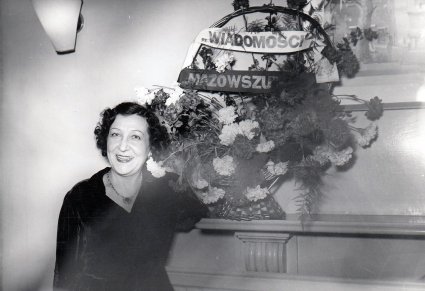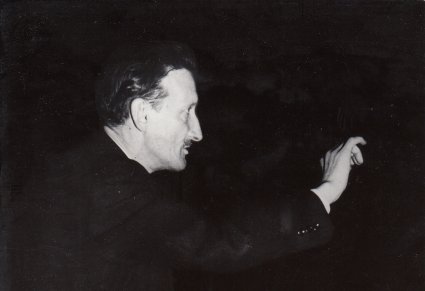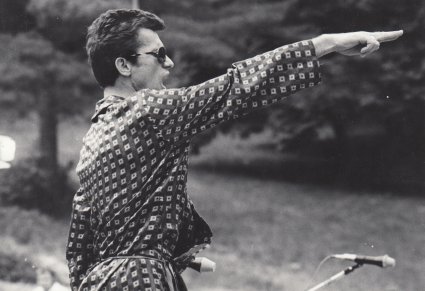
Mazowsze National Folk Song and Dance Ensemble is one of the largest artistic ensembles of its kind in the world. Polish traditional dance, song, music and costume inspire its artistic programme, in which features of regional culture form the basis of intricate choreographies and musical compositions.
Mazowsze takes its name from the central Polish region in which it was founded and is based, though its repertoire has expanded to include representations of folklore from across the whole country. Over the past 75 years, Mazowsze has become a household name and has performed across the globe, earning the title of "Ambassador for Polish Culture".
Mazowsze takes its name from the central Polish region in which it was founded and is based, though its repertoire has expanded to include representations of folklore from across the whole country. Over the past 75 years, Mazowsze has become a household name and has performed across the globe, earning the title of "Ambassador for Polish Culture".
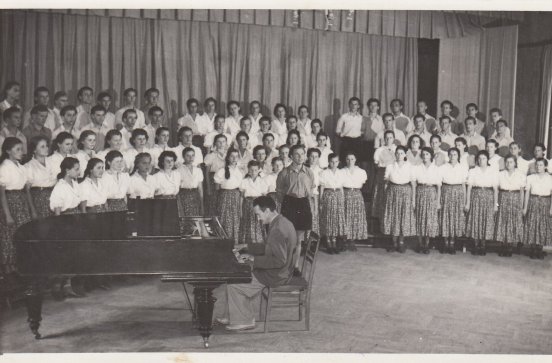
The newly-formed Ensemble was to preserve and promote traditional Polish folk culture. Tadeusz Sygietyński and Mira Zimińska-Sygietyński thus travelled around Poland - he collected folk tunes and songs, while she searched for elements of traditional dress which would serve as models for the Ensemble's costume department. It was established that the headquarters of the group would be at Karolin Palace, located in Otrębusy near Warsaw.
After nearly two years of practice and intensive rehearsals, Mazowsze’s debut performance took place at the Polish Theatre in Warsaw on 9 November 1950 and was received with standing ovations. This performance marked the start of a dizzying 75-year history. Just months later, the Ensemble headed abroad for the first time and since then it has travelled over 2 million kilometres and performed in over fifty countries, on six continents, before millions of people.
1/4

In 1955, the Ensemble was shocked by the death of Tadeusz Sygietyński. His widow, Mira Ziminska-Sygietynska, became director of the group and took on the responsibility of carrying on his work, a role which she held until her death forty years later. Mazowsze owes much of its success to her tireless work and attention to the smallest details. The choreographic vision of Witold Zapała and vocal talents of Stanisław Jopek have contributed to the establishment of its reputation as - in the words of eminent Polish music critic and writer, Jerzy Waldorff - "a jewel in the crown of the Polish Republic".
1/8
